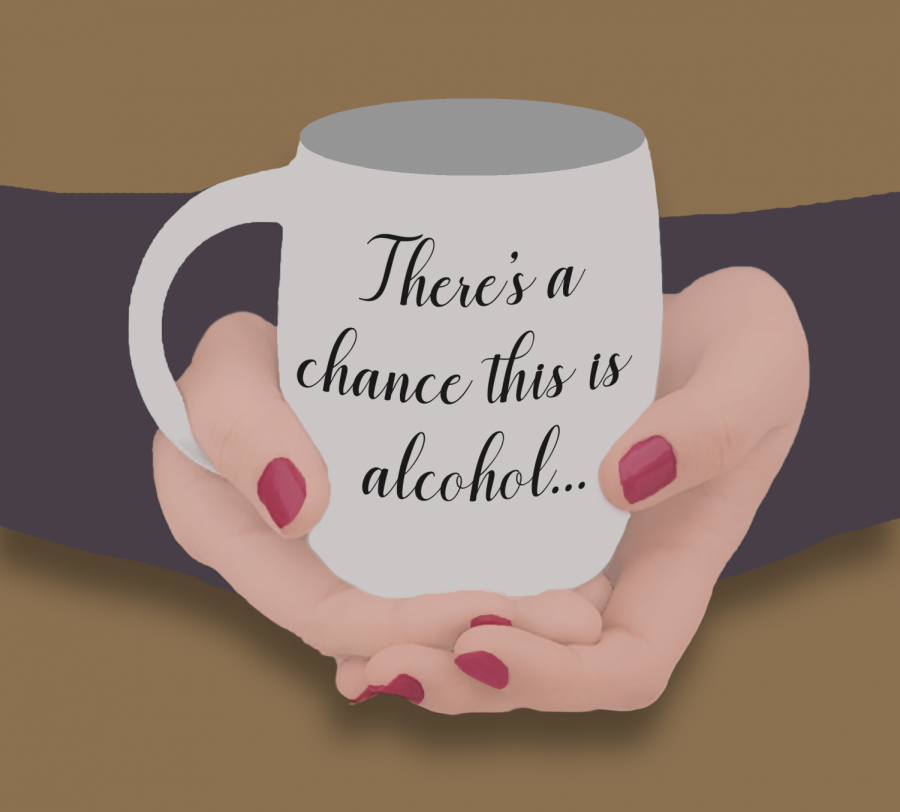Is coffee the new alcohol?
People rely on their daily dose of coffee and caffeine to make it through the day.
Coffee has become an addiction.
You wake up in the morning and need your coffee. You go to work, go to class, are out on the street … and need coffee, to look hip — if nothing else.
Drink in these common coffee quotes:
“Everything gets better with coffee,” “I’ll start working when my coffee does,” “May your coffee kick in before reality does.”
What’s the common denominator here? A cup of coffee is a sign that says, “I can’t cope with the world.” You might as well put that on your mug.
Is it too far a stretch to say that in today’s world coffee represents indulgence, weakness and cowardice, or that coffee has become a coping mechanism just like alcohol can be? Like alcohol, caffeinated coffee offers desirable physical affects. Unlike alcohol, which is a depressant, coffee works as a stimulant that increases our heart rate and puts us in overdrive.
In Mark Pendergrast’s book, “Uncommon Grounds: The History of Coffee and How It Transformed the World,” he explains that coffee is thought to have originated in Ethiopia and its earliest uses date back to the 15th century where it was incorporated in spiritual and religious settings. In addition, it was used as a drug-like substance to enhance performance or mood. Traders couldn’t get their hands on it fast enough and it quickly spread to Asia, Africa and onward.
In the 17th century, coffee made its way to Europe. Its popularity grew and soon the commercialized coffeehouse was born. In his book, Pendergrast stresses the important role coffeehouses served in the social realm. Before coffeehouses, the only social drink was alcohol, which tended to turn men into wild animals. After coffeehouses, a social drink became a meeting of the minds.
If people wanted some intellectual conversation, they went to a coffeehouse. Coffee served as a stimulant that kept them alert, thinking and talking long into the night. Businessmen, politicians and philosophers were frequenters. Thus, coffeehouses became known as intellectual hubs where big ideas brewed. In fact, it is said the French Enlightenment and even the plot to create the first encyclopedia began at coffee houses.
However, coffee didn’t win everyone over. Some considered it to be an enabler of poor decisions due to its sobering effects. For example, men would get drunk at night, use coffee to wash away their hangovers in the morning, then go right back to the bar. This cycle is one factor that is thought to have led to The Women’s Petition Against Coffee in 1674 London. That, and the fact that husbands were out being so intellectual and productive that they rarely spent time with their wives anymore. Though the petition aired valid grievances of its time, nowadays it’s often looked at as a satire.
Today, we’re still seduced by coffee’s charms and incorporate it into anything and everything we can. The Mars Candy Company came out with a Snickers espresso bar and espresso M&M’s, and there’s even coffee-flavored ice cream. This little bean has dominated the world through its influence on our social and psychological habits. So much so that it has developed into an addiction and a crutch.







